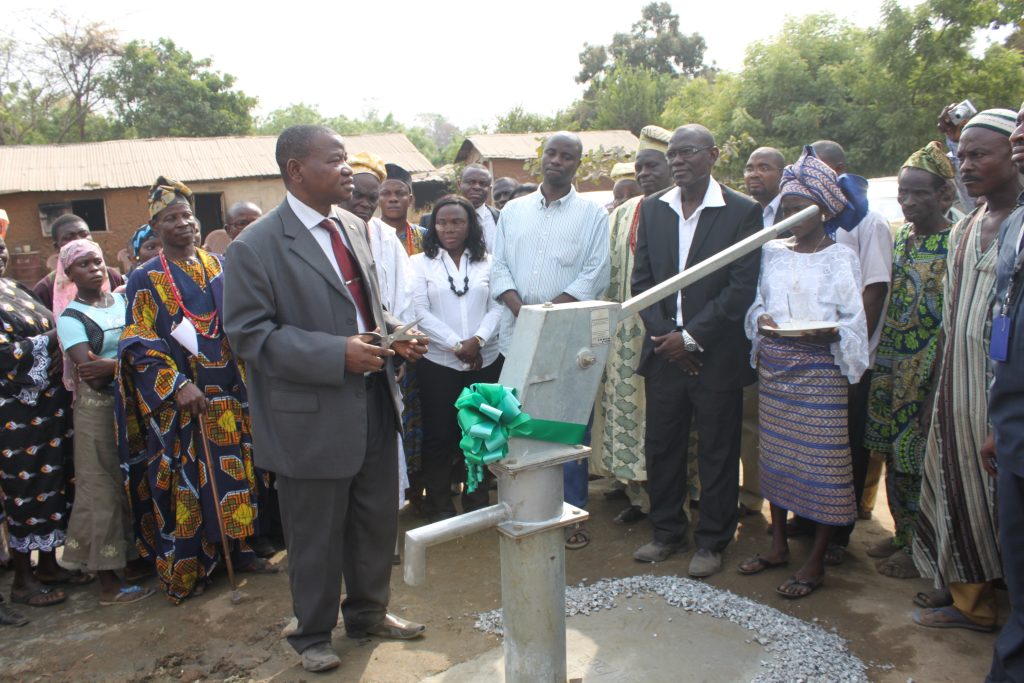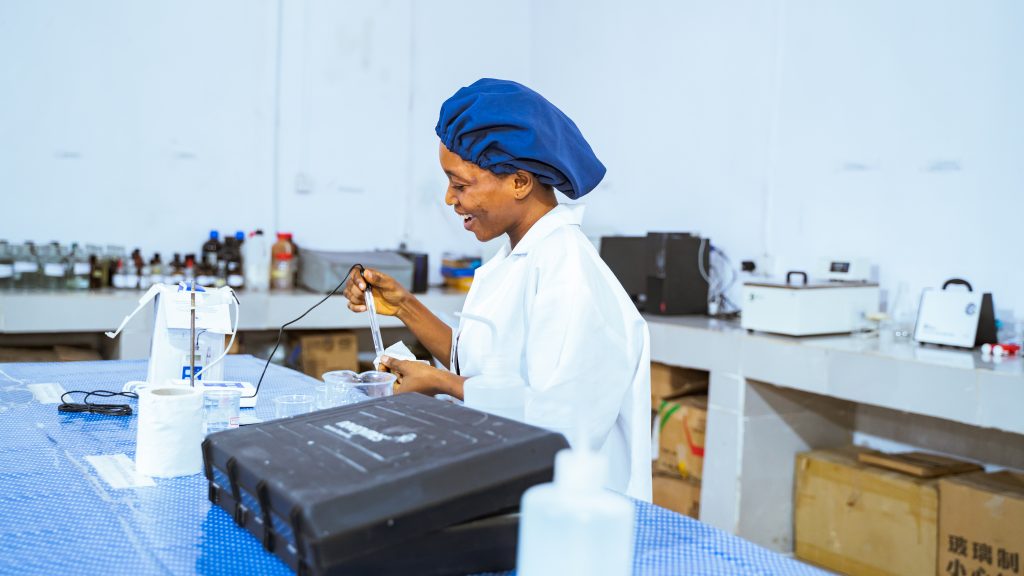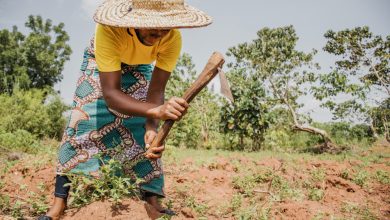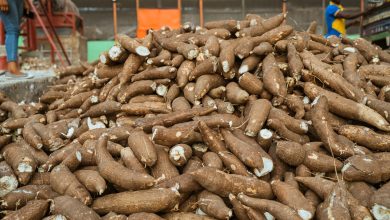The Positive Effects of Cassava Farming in Rural Communities

The Positive Effects of Cassava Farming in Rural Communities: A Case Study of Psaltry International Limited
As the CEO of Psaltry International Limited, I’ve had the unique opportunity to witness firsthand the positive effects of cassava farming in rural communities. Established in the serene town of Ado-Awaye, Oyo State, Nigeria, our company was born out of the desire to unlock the potential of cassava farming for industrial purposes. One key aspect of our strategy was to bring the factory closer to the raw materials, optimizing the refinement process and creating a shelf-stable, manufactured product that can be easily transported. By cutting transportation and manufacturing costs, we’ve managed to boost profits across multiple areas while delivering high-quality cassava-based products to global clients.

Empowering Smallholder Farmers
From the very beginning, our mission has been to empower local farmers by giving them a reliable, profitable outlet for their cassava harvest. In collaboration with over 5,000 smallholder farmers, we provide technical support and guaranteed purchase agreements, enabling them to focus on producing quality cassava crops. This partnership allows farmers to not only earn a stable income but also gain the skills and knowledge to improve their yields and diversify their livelihoods.
The shift from traditional cassava farming to industrial-grade production is not just about improving individual lives—it’s about transforming entire communities. The farmers we work with now contribute to a value chain that feeds into major industries. This shift has led to increased investment in rural areas, providing local farmers with opportunities that were previously out of reach.
Community Development: Building for the Future
Psaltry International’s impact goes beyond farming. Our commitment to community development has seen significant improvements in local infrastructure. By bringing electricity and running water to Ado-Awaye, we have alleviated some of the challenges rural communities face. We’ve also invested in building roads to improve transportation for farmers and residents alike.
In addition, we are passionate about empowering women farmers. Through our scholarship programs and the provision of essential resources like plantlings, seeds, and fertilizers, we’ve been able to support women in agriculture, providing them with the means to succeed in a traditionally male-dominated field. These efforts contribute to the positive effects of cassava farming in rural communities by fostering an inclusive environment where everyone can thrive.

Job Creation and Economic Growth
Beyond empowering farmers, cassava farming has had a ripple effect on job creation and economic growth in the region. Psaltry International alone employs over 400 people directly, with even more jobs created indirectly through our supply chain. This growth in employment opportunities has energized the local economy, providing much-needed stability to the rural area.
The presence of our factory has attracted businesses and services, which in turn has further improved the quality of life in the community. While challenges such as electricity shortages and water scarcity initially slowed progress, our commitment to overcoming these obstacles has led to lasting change, enabling the community to benefit from sustainable growth.

Food Security and Economic Stability
Cassava is a crop with enormous potential, especially in rural communities. It is drought-resistant, can thrive in less fertile soils, and requires minimal input, making it ideal for farmers in remote areas. By transforming cassava into industrial products, we generate higher economic returns while also contributing to food security. Our products, such as food-grade starch, are used by major companies like Nestlé, Unilever, and Nigerian Breweries, creating consistent demand for the crop.
Recently, we opened Nigeria’s first cassava-based sorbitol factory, which has created yet another avenue for local farmers to profit from their harvest. This contributes to the positive effects of cassava farming in rural communities by establishing long-term, sustainable market opportunities for smallholder farmers.
Sustainable Agriculture and Future Growth
Sustainability is central to Psaltry International’s vision. We are committed to teaching farmers sustainable farming practices such as crop rotation and the use of organic fertilizers, ensuring the land remains productive for generations to come. Our focus on sustainability ensures that the benefits of cassava farming will continue to spread, helping rural communities grow stronger and more resilient.
Looking ahead, we are excited about the future of cassava farming in rural areas. With the continuous development of innovative cassava-based products and increasing demand from industries, the opportunities for growth are immense. By providing farmers with the tools they need to succeed, we can continue to uplift rural communities and strengthen Nigeria’s agricultural sector.
At Psaltry International Limited, we believe that the future of agriculture in Nigeria lies in the hands of smallholder farmers. By empowering them through cassava farming, we are helping to create thriving rural economies and contributing to national food security and industrial growth. The positive effects of cassava farming in rural communities extend far beyond the individual farmer—it’s a catalyst for sustainable development and long-term prosperity.




